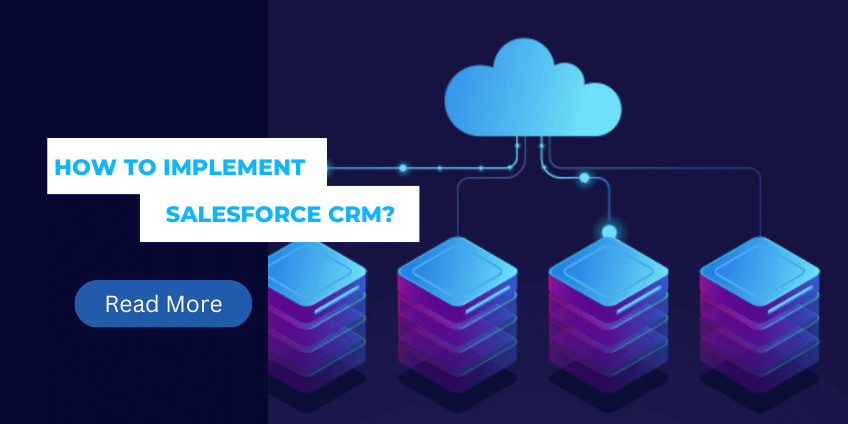Marketing Automation
Marketing Automation has revolutionized how businesses approach customer engagement and lead generation. In the past, marketing efforts relied heavily on manual processes, which were time-consuming and prone to errors. However, the advent of Marketing Automation transformed these processes by leveraging technology to streamline and enhance marketing activities. Today, Automation tools are integral to modern marketing strategies, enabling businesses to automate repetitive tasks, personalize customer interactions, and measure campaign effectiveness with unprecedented accuracy. As we look to the future, Automation is poised to evolve even further, incorporating advanced technologies like artificial intelligence and machine learning to offer even more sophisticated capabilities.
The Evolution of Marketing Automation
1. Marketing Automation in the Past
In its early days, Automation focused primarily on automating email marketing campaigns. Businesses used basic tools to schedule and send emails to their customer lists, which, although a significant improvement over manual methods, still lacked the sophistication needed for personalized marketing. As technology advanced, these tools began to incorporate features such as segmentation, lead scoring, and analytics, allowing marketers to tailor their messages more effectively and measure the impact of their campaigns.
2. Present-Day Marketing Automation
3. Future Trends in Marketing Automation
i- Integration of AI and Machine Learning
As we move into the future, the integration of artificial intelligence (AI) and machine learning into Automation platforms is expected to become more prevalent. These technologies can analyze vast amounts of data to identify patterns and trends, enabling more precise targeting and personalization. For example, AI can predict customer preferences and behavior, allowing marketers to deliver highly relevant content at the optimal time.
ii- Enhanced Personalization
Future Marketing Automation tools will likely offer even greater levels of personalization. By leveraging AI and machine learning, these tools can create more tailored experiences for customers based on their unique preferences and behaviors. This level of personalization can significantly improve customer engagement and conversion rates.
iii- Increased Focus on Customer Experience
The future of Automation will also see a greater emphasis on enhancing the overall customer experience. As competition intensifies, businesses must differentiate themselves by providing exceptional customer service and seamless interactions. Marketing Automation platforms will play a crucial role in achieving this by enabling businesses to deliver consistent, personalized experiences across all touchpoints.
The Role of CRM in Marketing Automation

Conclusion:
Marketing Automation has come a long way from its early days of simple email marketing automation. Today, it encompasses a wide range of tools and technologies that enable businesses to optimize their marketing efforts, personalize customer interactions, and measure campaign effectiveness. Looking ahead, the integration of AI and machine learning will drive further advancements in Automation, offering even greater levels of personalization and enhancing the overall customer experience. By leveraging these trends, businesses can stay ahead of the competition and achieve their marketing goals.
Author Spotlight

Chandan K. Sharma
An entrepreneur and author with a deep passion for technology, CRM, and digital marketing. Chandan is a versatile content creator and expert in CRM, sales automation, and marketing automation. He combines creativity with strategic thinking to deliver innovative, scalable solutions that help businesses streamline operations and drive growth.
